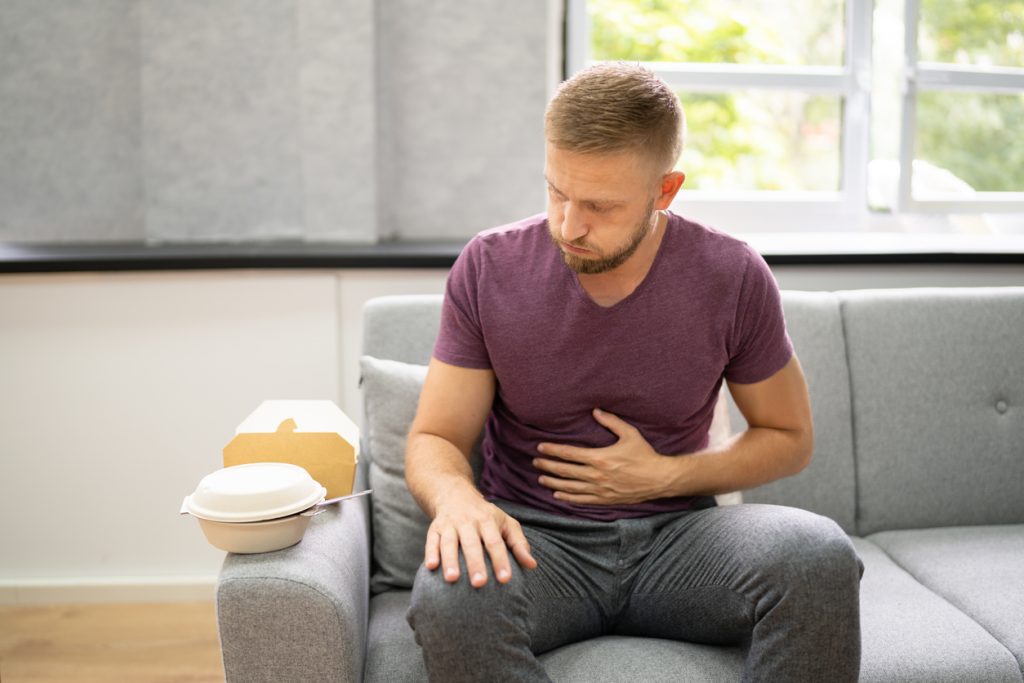
Foods to Avoid After Appendix Removal: A Guide for a Smooth Recovery
Appendix removal, or an appendectomy, is a common procedure that can bring fast relief from the pain and complications of appendicitis. While recovering, proper nutrition is essential to help your body heal and avoid unnecessary discomfort. Knowing which foods to avoid after appendix removal is a key part of ensuring a smooth and speedy recovery. At Surgical Associates Tulsa, we’re here to guide you through every step of your recovery journey, including your dietary needs.
Why Diet Matters After Appendix Removal
After an appendectomy, your digestive system may feel more sensitive as it adjusts to the procedure. Eating the wrong foods can irritate your gut, slow healing, or lead to uncomfortable symptoms like bloating, gas, or diarrhea. By avoiding certain foods, you can reduce stress on your digestive system and promote a more comfortable recovery.
Foods to Avoid After Appendix Removal
Here are some of the top foods to avoid while recovering from an appendectomy:
1. Greasy and Fried Foods
High-fat, greasy foods like fried chicken, French fries, and doughnuts can be difficult to digest and may cause bloating or discomfort. These foods can also contribute to nausea, which is a common post-surgical side effect.
2. Spicy Foods
Spicy foods can irritate your digestive system and exacerbate post-surgery symptoms like heartburn or upset stomach. Avoid items like hot peppers, spicy sauces, and heavily seasoned dishes until your gut has fully recovered.
3. High-Fiber Foods
While fiber is typically beneficial for digestion, high-fiber foods can be too rough on your system immediately after appendix removal. Foods like raw vegetables, beans, lentils, and whole grains may cause bloating or gas, which can be uncomfortable during recovery. Opt for low-fiber options like white rice, white bread, or peeled fruits until your doctor advises otherwise.
4. Carbonated Beverages
Sodas, sparkling water, and other carbonated drinks can cause gas and bloating, adding unnecessary discomfort. Stick to still water, herbal teas, or electrolyte drinks to stay hydrated without irritation.
5. Dairy Products
Some people may experience temporary lactose intolerance after surgery, making it difficult to digest dairy products like milk, cheese, and ice cream. These foods may cause bloating, gas, or diarrhea. If you notice discomfort after consuming dairy, consider avoiding it until your digestion normalizes.
6. Sugary Foods and Drinks
Sugary snacks, desserts, and sodas can disrupt your gut health and slow your recovery. Excess sugar can feed harmful gut bacteria, leading to bloating or indigestion.
7. Alcohol
Avoid alcohol during your recovery, as it can interfere with medications, slow the healing process, and irritate your digestive system.
8. Processed and Packaged Foods
Highly processed foods, such as chips, frozen meals, and packaged snacks, often contain preservatives and additives that can irritate your digestive system. Stick to whole, natural foods for better recovery support.
Foods to Eat for a Smooth Recovery
While it’s important to avoid certain foods, knowing what to eat after appendix removal is just as crucial. Focus on these gut-friendly, nutrient-rich options:
1. Easily Digestible Proteins
Lean proteins like chicken, turkey, eggs, or tofu can help repair tissues and promote healing without putting too much strain on your digestive system.
2. Low-Fiber Carbohydrates
Foods like white rice, white bread, mashed potatoes, and pasta provide energy without irritating your gut.
3. Cooked Vegetables
Soft, cooked vegetables like carrots, zucchini, and sweet potatoes are gentle on your stomach and provide essential vitamins and minerals.
4. Peeled Fruits
Peeled and cooked fruits like apples or pears can offer natural sweetness and nutrients while being easy to digest.
5. Broth-Based Soups
Light, broth-based soups are hydrating and easy on the stomach, making them an ideal post-surgery meal.
6. Plenty of Fluids
Stay hydrated with water, clear broths, or herbal teas. Proper hydration helps prevent constipation and supports overall recovery.
Tips for a Successful Post-Surgery Diet
To further support your recovery, keep these tips in mind:
1. Eat Smaller, Frequent Meals
Instead of three large meals, opt for smaller portions throughout the day to avoid overloading your digestive system.
2. Chew Food Thoroughly
Chewing your food well makes it easier for your stomach to process and reduces the risk of discomfort.
3. Introduce Foods Gradually
Start with bland, easily digestible foods and gradually reintroduce other items as your digestive system improves.
4. Listen to Your Body
Pay attention to how your body responds to certain foods. If something causes discomfort, avoid it until you feel ready to try again.
5. Follow Your Doctor’s Instructions
Every recovery is unique. Always follow your doctor’s recommendations regarding diet and activity levels to ensure the best results.
When to Contact Your Doctor
If you experience severe or persistent symptoms such as abdominal pain, vomiting, fever, or difficulty eating, contact your doctor immediately. These symptoms may indicate complications that require prompt attention.
Surgical Associates Tulsa: Here for Your Recovery
At Surgical Associates Tulsa, we’re committed to guiding you through every aspect of your recovery, including helping you make the right dietary choices. Knowing which foods to avoid after appendix removal can significantly impact your comfort and healing process.
If you have questions about your post-surgery diet or recovery, be sure to talk to your doctor during your consultation! Contact us today to schedule an appointment to talk about your appendix removal and the best steps for a smooth and successful recovery.